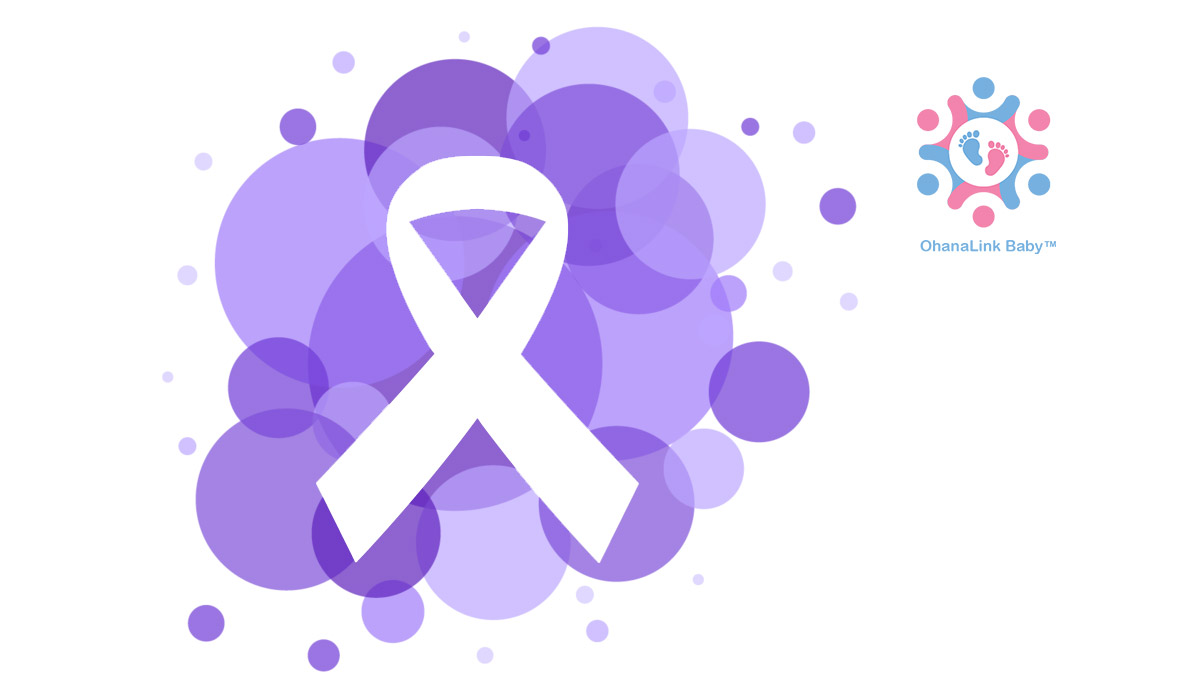Shining a Light on Domestic Violence

Domestic violence does not discriminate. Regardless of age, economic status, sexual orientation, gender, race, religion, or nationality, it can affect anyone.
What Is Domestic Violence?
The National Coalition Against Domestic Violence (NCADV) defines domestic violence as the willful intimidation as part of a systematic pattern of power and control perpetrated by one intimate partner against another. The frequency and severity of domestic violence can vary dramatically, but the constant of domestic violence is one partner’s consistent efforts to maintain power and control over the other.
Domestic violence doesn’t always reveal itself in one specific way. According to the NCADV, physical and sexual assaults, or threats to commit them, are the most apparent forms of domestic violence and are usually what make others aware of the problem. But regular use of other abusive behaviors by the abuser, when reinforced by one or more acts of physical violence, make up a more extensive scope of abuse. In addition, emotional and psychological abuse can often be just as extreme as physical violence.
What Actions are Considered Abusive
The NCADV recognizes emotional, psychological, financial, sexual, and physical as actions considered abusive. Here are examples of each type of abuse.
Emotional Abuse Encompasses
- Saying they can never do anything right
- Showing jealousy of family and friends and time spent away
- Accusing of cheating
- Keeping or discouraging them from seeing friends and family
- Embarrassing or shaming them with put-downs
- Dictating how they dress, wear their hair, etc
- Telling them, they are a bad parent or threatening to hurt, kill or take away their children
Psychological Abuse Encompasses
- Looking at or acting in ways that scare the person they are abusing
- Controlling who they see, where they go, or what they do
- Stalking them or monitoring their every move
- Preventing them from making their own decisions
- Pressuring or forcing them to use drugs or alcohol
- Preventing them from working or attending school or harassing them at either
Financial Abuse Encompasses
- Controlling every penny spent in the household
- Taking their money or refusing to give them money for expenses
Sexual Abuse Encompasses
- Pressuring them to have sex when they don’t want to or to do things sexually that they are not comfortable with
- Forcing sex with others
- Refusing to use protection when having sex or sabotaging birth control
Physical Abuse Encompasses
- Threatening to hurt or kill their friends, loved ones, or pets
- Intimidating the victim with guns, knives, or other weapons
If you think you are being abused by someone you love or know of someone who may be being abused, call the National Domestic Violence Hotline at 1-800-799-SAFE for confidential and anonymous help.


